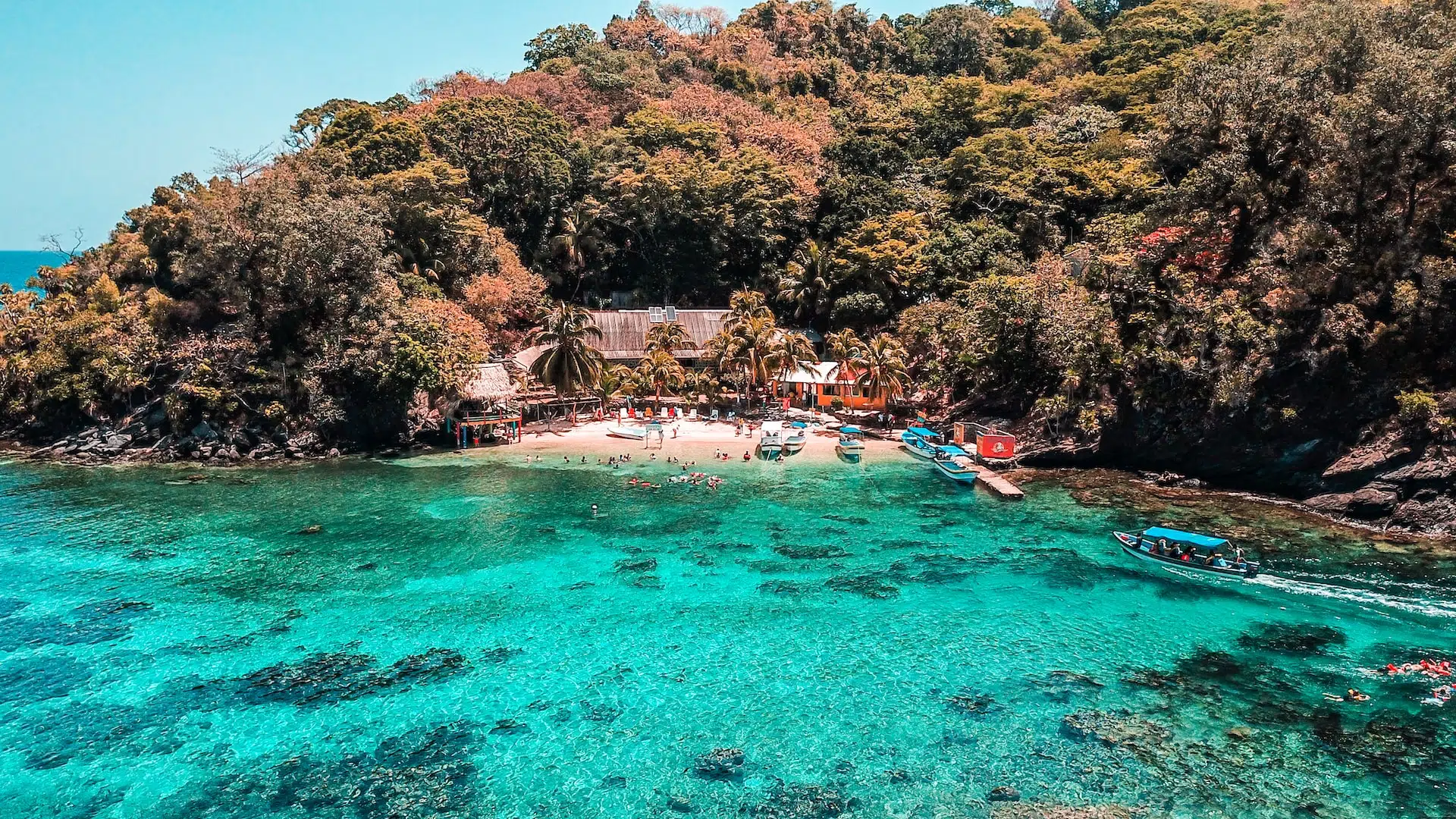Frequently Asked Questions About Honduras
General FAQs for Honduras
What is the capital of Honduras?
What currency is used in Honduras?
What languages are spoken in Honduras?
What is the best time to visit Honduras?
How many days do you need for a trip to Honduras?
What are the emergency numbers in Honduras?
There are a number of emergency numbers that you should be familiar with if you are planning a trip to Honduras. These include the following:
– Emergency medical services: 911
– Police: 199 or 102
– Fire department: 115 or 103
– Coast Guard: 591 or 104
In addition to these official numbers, you may also want to familiarize yourself with some local resources that are available in the event of an emergency, such as the Red Cross or local hospitals. By taking the necessary precautions and preparing for any potential challenges in advance, you can greatly reduce the risks associated with your trip and enjoy a safe and successful visit to this beautiful country.
Places FAQs For Honduras
What are the best places to visit in Honduras?
What is the best way to get around in Honduras?
Budget FAQs For Honduras
How much will the trip to Honduras cost?
How much does a meal cost in Honduras?
How much does accommodation cost in Honduras?
What is the cheapest time to visit Honduras?
Culture FAQs For Honduras
How are the people in Honduras?
What are the popular dishes in Honduras?
Which sports are popular in Honduras?
What are the common religions in Honduras?
What are the popular festivals celebrated in Honduras?
There are many popular festivals celebrated in Honduras, including Day of the Dead, Christmas, Holy Week, and Independence Day. These events typically involve parades, street parties, religious ceremonies and rituals, music and dance performances, traditional foods and crafts markets, fireworks displays, and other forms of celebration. Additionally, many festivals in Honduras include cultural elements from the country’s diverse population, such as African, indigenous, and European influences.
Some of the most popular festivals in Honduras include Carnival, La Cumbia Festival, the San Isidro Fair, and the International Sand Sculpture Festival. These events draw large crowds of locals and travelers alike, and are full of music, dancing, food, art, and fun activities for people of all ages. Whether you’re looking to experience traditional Honduran culture or just want to have a good time with family and friends, these popular festivals are an excellent choice for a trip to Honduras.
















